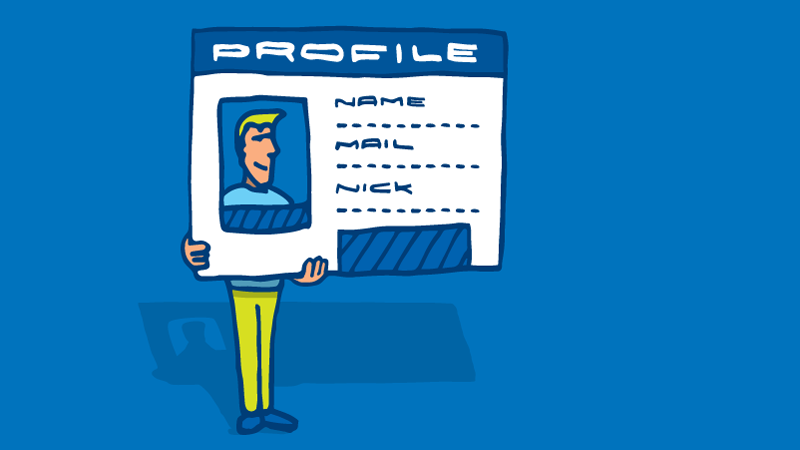The battle for protecting your personal privacy online is a ceaseless one. Social media sites such as Facebook and LinkedIn have taken layered steps in security to protect their user’s personal information. Some of these security protocols include using encrypted data, capture log in characters and even require phone call verification for access to a user’s page or profile. So what do you do when people breach security protocol to find out more about you than you are willing to discuss? Here are ten tips in understanding the positive and negative effects of establishing your personal information anywhere across the social media platforms.
The Negatives
- Your personal data is up for grabs by hacks through social media. They call it data mining. If, for example, an employer does not know much about you beyond your CV, he or she may be inclined to do some digging. Through Facebook posts, Twitter blips, Linkedin profiles, specialized blog posts, and anywhere your name is publically published, the prospective employer can develop a pretty accurate personality profile.
- If a person is not utilizing social media platforms, all he or she would have to do to find out even the most basic information about you, such as where you live, possible past employment, maybe even current or past addresses, would be to do a Google search. Using a search technique known as Boolean logic, a person could find out anything about you- whether you’ve been arrested, had too much to drink or maybe was linked visually with someone you did not want to be seen with.
- Guard who you become ‘friends’ with on social media platforms such as Facebook or Twitter. There was one woman, who shall remain anonymous, who thought it would be really cool to accept friend requests from people she did not know. One such ‘friend’ claimed to be an admirer from afar and he would like to get to know her more intimately. He went on to make innuendos about aspects of her personal life only her closest associates knew. Thinking he would be interesting, this woman made a blind date to meet this secret admirer. Police found her body a few weeks later in an abandoned field- not everybody is a ‘friend’.
- Although the previous story is extreme, it illustrates the horrors which can happen when personal information is not well protected. One way you can minimize such danger is to make the majority of your public profiles, private ones. Limit who can see your information by visiting the website’s privacy settings. Allow access to those you know personally.
- If you are a private person, beware visiting some of the social media sites which uses cookies to gather your information. Do not store personal log-in or user IDs where someone can hack into your profile. It is a great way for your identity to become stolen fast.
The Positives
- Data mining, employee profiling, cyber stalking, and identity theft are all very real concerns. However, if you are proactive, you can harness the positive side of social media. One of the best ways to do this is if you are in a position which can supply you with portfolio examples of your work, to set-up a Facebook Fan page which showcases your achievements. You can include contact information in a non-threatening environment, and it would be a great way to show prospective clients your abilities.
- If you are a creative sort, another great way to showcase your projects is to set up a free website. You can link directly to it from your Facebook fan page, driving potential clients right to your examples.
- If you have a LinkedIn account, keep it current with professional photographs and relevant work experience. Network with other professionals and, once again, link this profile back to other sites which display examples of your work.
- Twitter can also be a positive tool to control your personal information. Tweet about new endeavors or recent projects. Then provide a link from your Twitter account directly back to your Linked-in or Facebook fan page.
- Other than establishing a web presence for your professional work, a free website is a great way to place your CV or resume in front of employers. Just eliminate any personal contact information and have them email you with a discreet ‘contact me’ form. This way, you are in control of how you want prospective clients or employers to perceive you.
With due diligence in how and where you store your personal information and habits, social media can be used as a positive tool with a myriad of benefits.
This is a guest post written by Steve Stretton, a blogger working tirelessly on a new Social Media Blog – SocialWatch.co. You can catch Steve either through the site direct, or via twitter @StrettonMr
View the original article and our Inspiration here


Leave a Reply